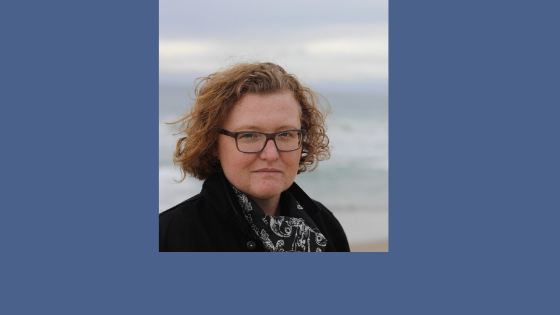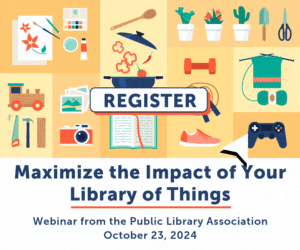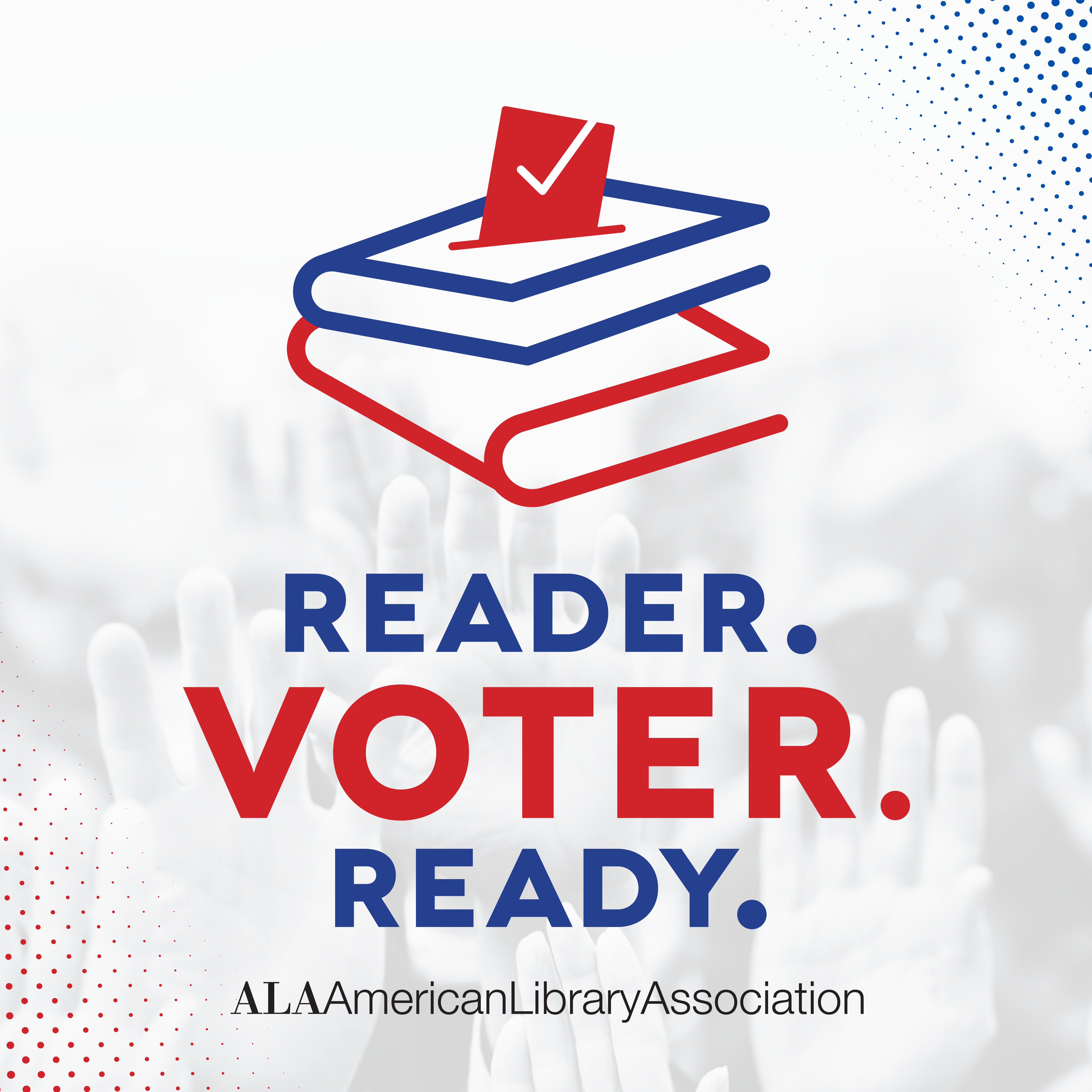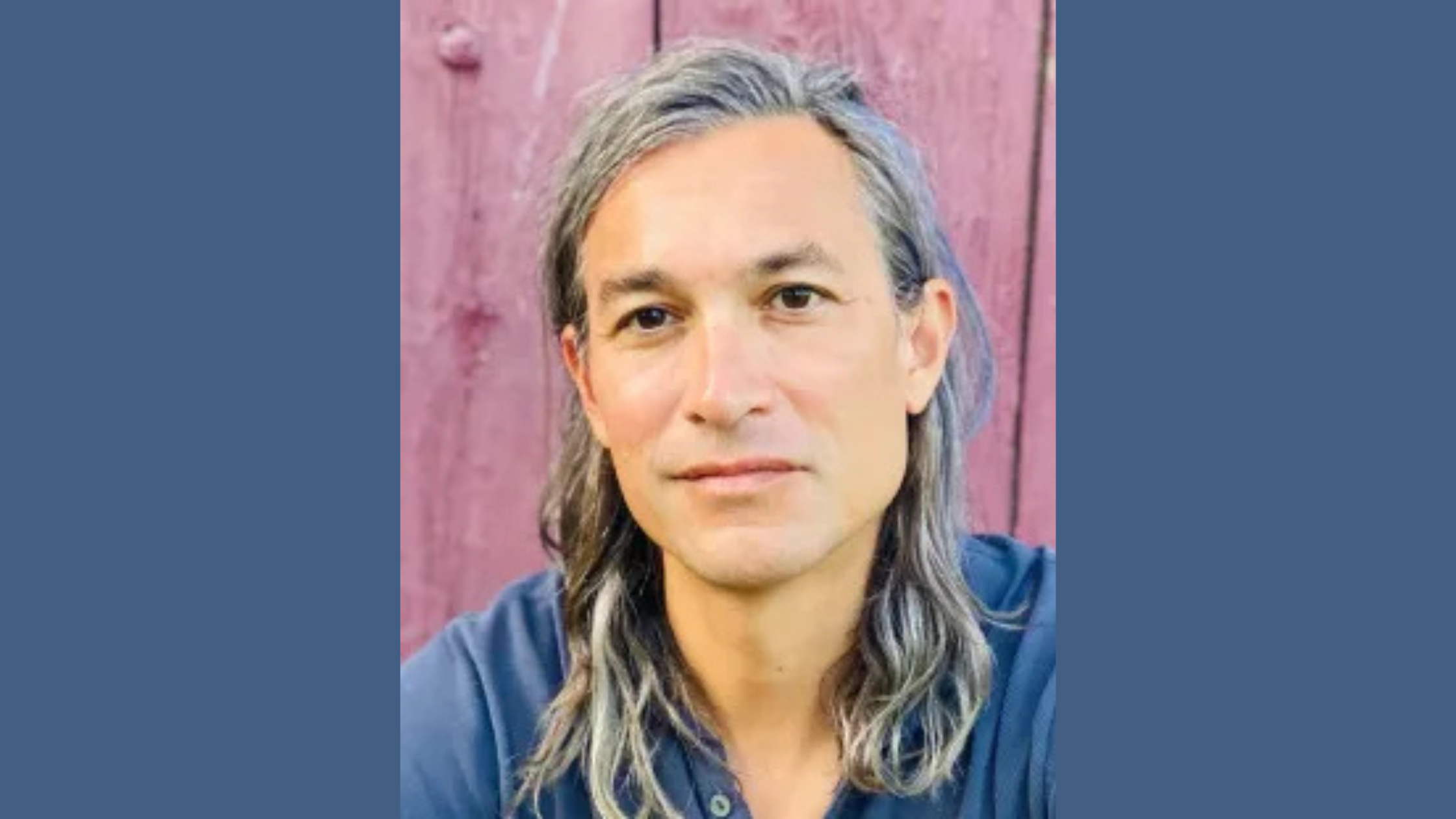Shannon Pufahl on Luck, the Social Avant-Garde, and the “Interesting Fictional Problem” at the Heart of Her New Novel

In Shannon Pufahl’s luminous On Swift Horses, newlywed Muriel whiles away her days at the local diner where she waitresses. There, she becomes a careful student of the horse trainers and jockeys who eat there, learning the intricacies of the horse racing world by eavesdropping on their conversations. When this newfound knowledge yields an unexpected windfall at the track, Muriel finds herself at a crossroads, tentatively exploring this newfound financial freedom and its impact on her marriage. Meanwhile, her beloved brother-in-law Julius has found work at a Las Vegas Casino, where he has fallen deeply in love with his co-worker (and card cheat), Henry. Both Muriel and Julius soon find themselves on unexpected quests, and Pufahl masterfully tracks their journeys through Tijuana and the queer spaces of mid-century San Diego. Critics have lavished praise on On Swift Horses, with The Boston Globe noted that “Pufahl does what great stylists do: she snatches back experience from the general world, making it sing in all its particularity,” and The Los Angeles Times stated that Pufahl “writes with a grace and force that’s rare even among seasoned writers.” Brendan Dowling spoke to Pufahl via e-mail on January 8th, 2019. Author photo courtesy of Shay O’Brien.
I’ve read in previous interviews that your grandmother served in part as inspiration for Muriel. What parts of your grandmother’s personality and approach to life made it into Muriel?
Muriel is a newlywed who’s just lost her freethinking mother. She begins eavesdropping on jockeys and bookies and secretly betting at the Del Mar racetrack. My own grandmother was an accomplished gambler and also lost her progressive mother very young. When she was alive, I knew details of her youth but we never spoke of them, namely her mother’s life and death. I was deeply interested in my grandmother’s orphanhood, in her childhood poverty. I wanted to explore, in fiction, what it might have been like for her to grow up in the 30s and 40s, to go to work at 10 or 11 years old, and to live inside the void left by her mother’s death. How would she make her own way?
When I was older, she often took me to Las Vegas and taught me how to play poker and slots. She drove all over the West, from one gambling mecca to another, in her station wagon. I think she was – as Muriel is – trying to find ways in that era to be independent, separate from her late mother and her husband, when models for complex and singular identities for women were harder to find than they are now. My grandmother chose to look in the American West, in casinos and card rooms. That made a lot of sense to me, since those are all places associated with risk and daring, two things my grandmother required for a meaningful life.
The book takes place in 1957, and the San Diego, Las Vegas, and Tijuana we see in the novel are much different than the cities we’re familiar with today. What made this particular era and these specific places exciting to you as an author to explore how gay people would have lived their lives during this time?
What a great question. The fascinating emptiness of Southern California in the 40s and 50s is so hard for us to imagine now! I love research, and early on I found amazing aerial photos of Mission Valley just 60 some odd years ago, when it was grass and dairy farms and the meandering river, and almost no houses at all. I was really interested in such landscapes, before they were as populated and built out as they are now. It’s so easy for history —even very recent history—to become quite literally covered over by the present. The setting and the time-period, that moment in American history when prosperity and optimism are still just barely veiling the real threats of the future—bombs, war, identity, capitalism—seemed so encapsulated by this emptiness, which was about both endless promise and people’s anxieties about the present.
In this way, I think it’s also about the fantasies that arise from cultural anxiety, which are often fantasies of the future cast back upon the past (in the case of the crazy progress of the 1950s, that anachronous fantasy was the western and its evocation of the frontier). Because the future is so difficult to imagine in a world that moves so quickly and that might be obliterated by nuclear war, many people looked to the western to both explain the historical moment and provide refuge from it. So in that way this also a novel about time, about the overlap between the past and the present, and the characters’ inability to imagine futures for themselves as queer people, as women, etc. It hopefully nods also toward the actual future —that is, the moment in which we read it, the historical “now,” the vantage point from which we know how the past plays out and we see its anxieties echoing and informing our own.
Mostly, though, there was huge potential in that emptiness, that newness. I hoped to show, through the story of Muriel and Julius (and, to a lesser extent, Lee’s story) that while the social conservatism of the time was certainly real and powerful, it is not the only story of the 1950s. The 1960s really start decades earlier, and women like Muriel and men like Julius, who risked exposure and violence and “future-less-ness”, were the first true stewards of the sexual revolution, for better and worse. The social avant-garde is always punished in their day. Which leaves the woman and the homosexual of the 1950s without recourse to dignity or social validity—and, more importantly, without access to eternity. But Muriel and Julius go for it anyway.
Muriel views luck as a very specific entity, and at one point the narrator says of Muriel, “She has been seen and accommodated by luck, and she wants out of its sight line.” How did you develop Muriel’s attitude towards luck and its power it can have over a person’s life?
I think Muriel is searching for a way to be free and independent, on the one hand. The bookies and trainers she eavesdrops on don’t imagine that she has the intelligence (as a woman) to understand what they’re talking about, so it’s also a little bit about revenge, too, about proving those men, and perhaps men in general, wrong.
But mostly I think she’s looking for something she doesn’t know how to name, something to do with God, actually, though it seems perhaps old-fashioned to say so. I think she wants what people very often want from gambling and games of chance—she wants to know that she is seen, that she is important in some way. She wants to feel that the universe approves of her.
I don’t know how often most of us think of luck this way. We use the word, “luck,” to refer to any number of very minor (winning $5 on a scratcher) to monumental (falling in love) things. In any case, though, being the recipient of good fortune usually makes us feel that we’ve done something right, which implies there is a score-keeper somewhere, something that doles out reward. So for Muriel, luck means being witnessed by something beyond herself. As someone with a lot to hide, this feels terrifying. What it might mean to accept one’s good fortune—what might prevent a person from accepting it, or from seeking it out—is an interesting fictional problem.
Horses and horse racing play big roles in the novel—Muriel becomes an adept horse racing bettor and Julius gifts Lee and Muriel a very memorable horse. Had horses and horse racing played a part in your life before this novel?
I loved the track very early in my life, and demanded that my sixteenth birthday party be held at the Woodlands in Kansas City, where my mother and grandmother placed bets for me. Horseracing felt like everything I loved about gambling, all together. The excitement of the track is undeniable and much more communal than sitting at a card table or a slot machine in a casino. In most games of chance, all values are abstracted – an ace is worth this, a cherry this, etc. But horseracing is very literal and visceral.
My parents also had an old nag named Bonita, who lived quietly among the cows and the barn cats in our southern field. I think Bonita was, in many ways, the model for the horse Julius brings back from Nevada. Horses are not as central to farm life in Kansas as they are in, say, Texas, so having a horse was somewhat unusual, and Bonita was alternately doted on and ignored. My father’s cousin, who lived up the road, had appaloosas, and I spent some time around them, learning to ride and about their care. There was not much to learn about either from Bonita, who was old and grumpy, and very independent. When my dumb uncles tried to ride her she would run them into low-hanging branches and under eaves. But I did learn that horses are singular creatures, and of course central to any mythology of the American West, whether in native or vacquero culture, or later in the cowboy culture of the late 19th-century. They symbolize a certain kind of freedom, the way the automobile would come to symbolize something similar at mid-century. Both allowed human mobility and speed on a scale previously unimaginable.
One of the aspects of the book I loved was how it brings us to places where we probably don’t have access, particularly the hidden areas of the casino where Julius works as a security officer to spot potential cheaters. What kind of research went into the book to capture all these arcane details of 1957 life?
I spent a lot of time in Las Vegas in my adolescence and early adulthood, and I was struck by the irony of the city’s unofficial slogan, What happens in Vegas, stays in Vegas. Most people read this as a declaration of freedom— here is a space apart from daily life, in which all things are not just possible but permissible. But there’s another way to read it. Nearly every move one makes in Vegas is watched or recorded. Vegas is one of the most surveilled places on earth. So everything that happens there does, in a literal sense, stay there—in CCTV archives, in logs and ledgers.
I wanted to know how this surveillance was carried out in the days before video and the many other sophisticated tools casinos use now. I discovered that casinos (which were once much simpler, architecturally, than the crazy buildings we have now) were policed by actual human eyes, in catwalks above the casino floor and behind opaque glass. It was a powerful metaphor for the historical moment of the late 1950s, a time riven by McCarthyism and the Cold War, as well as police raids of queer gathering places and community squads employed to enforce “decency.”
There are a number of great books on Vegas and gambling history, and these were really useful for the kinds of details a fiction writer needs. Vegas has also started to memorialize its own history, so I went to a number of the city’s museums (including the mob and neon museums, highly recommended!) Perhaps unsurprisingly, though, not much of the surveillance history is easily available (you’re supposed to ignore that you’re being watched, or simply remain ignorant). So that took some digging, and when digging didn’t work, some imagining. But when I finally found some archival photos of those old catwalks, I was surprised by how simple they were. That’s a good lesson, I think, for any writer. The real details of life, the details that make a place seem real and inhabited, are generally very simple, almost banal.
And finally, since this is for the Public Library Association, what role has the public library played in your life?
I cannot overstate the importance of the Topeka and Shawnee County Public Library in my childhood and adolescence. Certainly the internet existed and was used with some frequency in my youth, but we were working class farm people, and I didn’t regularly use the internet until I was in college. So the library was the true repository of information, and information was freedom to me, as a queer introvert in Kansas in the late 20th-century. This is still true—I spend a lot of my writing and research time in my local public library here in Monterey, which happens to be the oldest public library in California, or in the beautiful Carnegie library in nearby Pacific Grove.
But perhaps most importantly, the library was a space in which I could privately explore my sexuality. Nothing was censored there (thankfully, mercifully) and I could slip into the stacks, where the only exchange was between me and the writer. A most important book in my youth was Judy Grahn’s Another Mother Tongue: Gay Words, Gay Worlds – I checked this out from the Topeka Library c. 1995 and learned I had people. I learned, too, that lesbianism might be a radical act of defiance, and not only (or merely) a sexual object choice, and in that way it could be a liberation rather than a deviance. This is life-saving information, which is something libraries and librarians continually provide to people.
Tags: Shannon Pufahl









